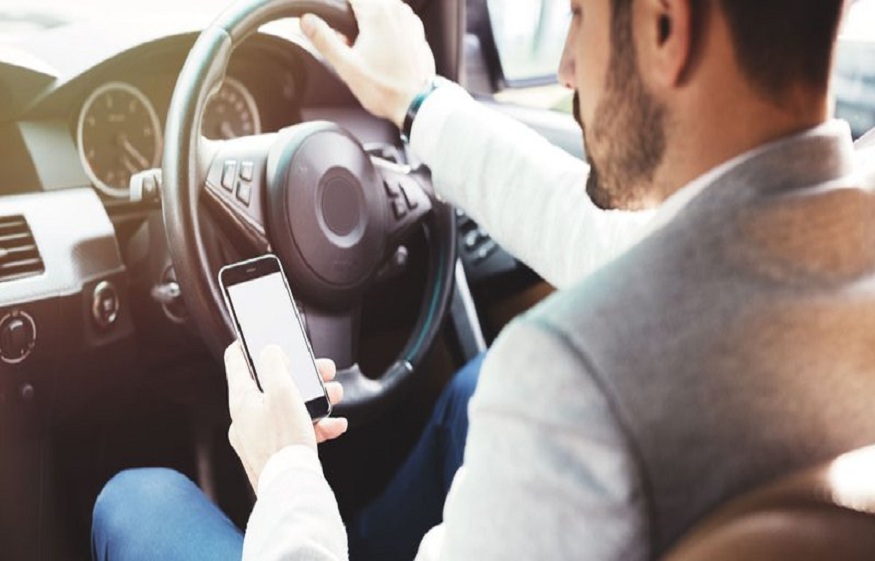Having a driver’s license is a privilege. To obtain it, learner drivers must learn the rules of the Highway Safety Code and driving techniques, but there is much more to consider. Courtesy, distractions, drugs and drunk driving…parents,
Here are some topics to discuss with your youngsters in order to help them become good drivers.
1-Choose your model driver well
New drivers must exercise good judgment in carefully selecting those they wish to be like. Inappropriate and uncivil behavior (road rage being an extreme) and random compliance with the Highway Safety Code are not hereditary defects, but they are transmitted nonetheless. “It is communicated unconsciously,” says Hamid Rekouane, director of driving schools at CAA-Quebec. Thus, yelling at other motorists, not braking completely at stops or having a bad driving position are examples of inappropriate parental habits that can influence young people.
2-Learn to share the road
The Highway Safety Code was reviewed in 2018 to be more representative of today’s automotive reality. In his notion of sharing the road, he introduces a new responsibility: the bigger ones must take care of the smaller ones. In other words, it a new driver is a question of inculcating the notions of courtesy at the wheel, including to young drivers. It is no longer enough to know how to drive, but also to know how to behave on the road. Motorists are thus responsible for the safety of cyclists and pedestrians they meet on their way.
3-Avoid distracted driving
The law prohibits handling your cell phone while driving. In fact, as soon as the engine is running, it is forbidden to use any connected device, except hands-free, even a GPS navigation system. This also includes times when the car is stopped at red lights. Penalties for recalcitrant drivers are hefty: $300 to $600 plus 5 demerit points. In the event of a repeat offense within a certain period of time, the fines double. In addition, the driver is also liable to an immediate suspension of the license for a variable period depending on the number of recurrences.
4-Do not drive after consuming drugs or alcohol
Like alcohol, driving while impaired by drugs is a criminal offence. Police officers are trained to detect drugged drivers, through roadside movement coordination tests and further testing at the police station. Penalties for impaired driving are severe. Upon arrest, there is an immediate suspension of the license and seizure of the vehicle. The motorist who is found guilty also exposes himself to a fine, a driving ban and will have a criminal record. Drugs act on the brain and the effects produced are totally incompatible with driving . When you use drugs or alcohol, you don’t drive!
When it comes to drinking and driving, drivers under 22, learner drivers and holders of a probationary license are subject to the zero tolerance rule. Offenders are liable to an immediate suspension of their driver’s license for 90 days, 4 demerit points and a fine varying between $300 and $600.
5-Don’t rely solely on driving aids
Assisted driving, intelligent cruise control, reversing cameras… All of this gives the impression that modern cars are safer than ever. Nothing is less certain, according to Mr. Rekouane, “no risk should be taken, technology will never be infallible”. So, yes to technology, but we don’t forget good judgment and vigilance.
6-Choose the right car insurance
Regardless of the type of permit, learner, probationary or driver’s license, every driver must be insured. The young person who uses the family vehicle must be mentioned on the contract of his parents as an occasional driver. It is also good to accumulate a few years of experience before taking out your own auto insurance, since an exemplary driving record will lower the premium.
Obviously the young driver who chooses to buy a vehicle must take out his own car insurance . Liability insurance covering property damage and injury caused to others is mandatory. In Quebec, the amount of civil liability insurance is at least $50,000, but many insurers set this amount at $1 million. On the other hand, that relating to damage to your vehicle is optional. “Generally, we suggest taking only civil liability when the car is more than ten years old,” says Suzanne Michaud, vice-president of insurance at CAA-Quebec. Please note: if the vehicle in question is the subject of a loan from a financial institution and this loan is not fully repaid, the creditor could demand that you protect your own damages.
But before taking out insurance, you have to shop around. Premiums can vary considerably from one company to another, and for the same coverage. Good news, however, several insurers offer a discount to full-time students. See our tips for saving on your premium.

